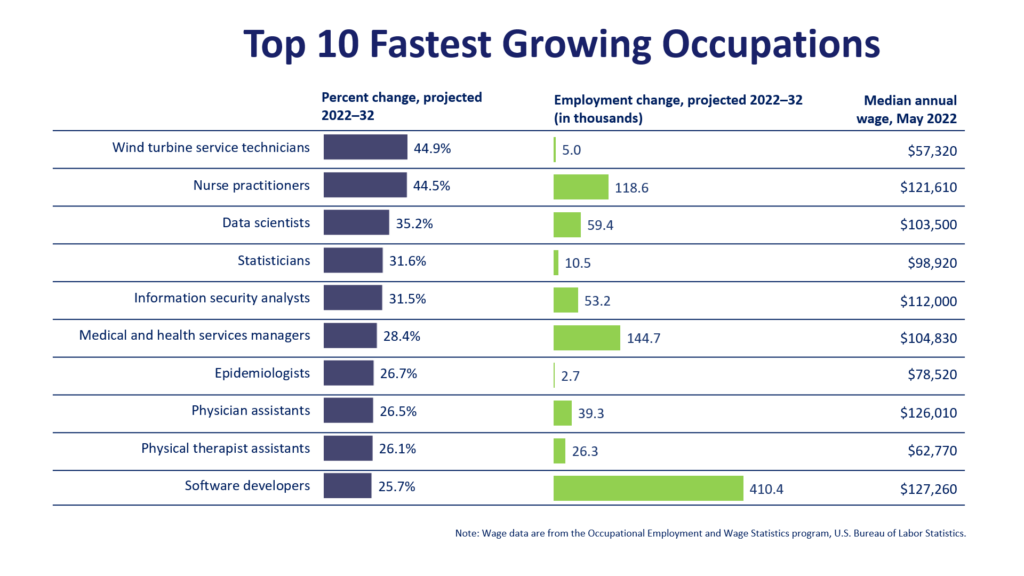How to use Financial Education to build Math skills and Client relationships.

Here’s a Win-Win for Financial Advisors. Your Clients are worried about their children’s math skills, and providing Financial Education is highly effective way to build math skills and relationships.
Written by Brendan Kenalty | MBA
My financial advisor friends, you are sitting on a tremendous opportunity to use your knowledge and expertise to help your Clients solve a stressful problem in their life, while also preparing for the great Wealth Transfer by building trusted relationships with your Client’s children.
Your Clients worry their children aren’t prepared for the future.
Your clients, like all parents, spend many sleepless nights worrying about their children’s future. The struggle to prepare them to live happy, healthy lives, with the skills and confidence to successfully pursue their dreams.
Math skills create opportunity for Youth.
Math skills have always been valuable for success in business and many careers, but in the modern economy driven by data analytics, AI and scientific innovation, math skills have become even more valuable. Many well paid roles require math for success, and studies show people with core math skills have higher net worth and financial security.
Have a look at the chart below of top jobs for 2023. What skill does the modern economy seem to have in common? Spoiler alert, it’s math.

Financial Education builds valuable Math skills in children.
Studies show that children in K-12 school who take personal finance courses teaching how to make wiser money decisions and avoid financial hazards, also develop an interest in math because of its practical applications. Conversations about credit, investments, and loans, for instance, intersect with lessons on compound interest, matrices, and exponential equations.
“The more math you add to financial literacy, frankly, the better it is,” says Annamaria Lusardi, founder and academic director of the Global Financial Literacy Excellence Center. “In many cases, to make a decision, you have to do calculations, so I think math is a very powerful tool. … Having said that, financial literacy is more than math.”
While a general dislike for math remains an obstacle among young people, they understand they need to manage their money. Program results show topics like high interest rates translate to higher interest among students, as they see the connection between math and their future financial well-being.
This success is driving adoption across the US. Since 2020, nine more states have adopted laws or policies requiring personal finance education to graduate from high school, bringing the total number to 30 states, according to the Council for Economic Education.
Financial Education is a relationship opportunity for Advisors.
As a financial advisor you have a tremendous opportunity to add value here. Your professional expertise perfectly positions you to add tremendous value to your clients, and enables you offer Financial Literacy programs that build high value math skills for their children.
While the formal standards for personal finance education include topics such as earning income, budgeting, saving, investing, and managing credit and financial risk. Experts say it’s a course that doesn’t necessarily have to be taught by a traditional math teacher. In many communities Financial Literacy is being taught by local professionals, passionate advocates, parents and in many case peers who have completed the courses themselves.
Advisors get 3 benefits of providing Financial Education for their Client’s children.
Using formal Financial Literacy and education programs at your firm provides three direct benefits for all Advisors.
Benefit 1 = Help Clients sleep better
- Provide simple new service that gives clients confidence that their children are learning some math skills, but also realizing the benefit of building important money and personal finance at a young age.
Benefit 2 = Lower risk during Wealth Transfer by building relationships with Client’s Children
- Most advisors struggle to engage with their Client’s children in a natural way. Offering a Financial Education program designed for them provides easy way to start building that trusted advisor relationship in high value way.
Benefit 3 = Help your Advisors offer new high value service
- Firms can quickly and cost effectively roll out centralized programs that help advisors across the entire firm to offer Financial Education programs as a new value add service for their Clients.
How can a Wealth Management firm cost effectively deliver Financial Education programs at scale?
Contact me. We make it easy and cost effective. Through a collaboration of content providers, educators and technology partners, we offer a firm branded, off-the-shelf programs combining in-person events, on-line courses and knowledge testing.
Want to increase Financial IQ of your Clients, their families and friends?
We can help. Please book a demo to discuss your needs and how our fully managed Financial Education programs can impact your business.
Request a Demo

Brendan Kenalty
Brendan is a recognized thought leader and advocate for Wealth Management firms using modern Client Communication and Financial Education as a growth engine for their business.
Though his involvement with ReachStack, Brendan works with Executives and Marketing leaders across the Financial Services industry to deliver digital content sharing programs that drive impact and positive ROI for Financial Advisors.


